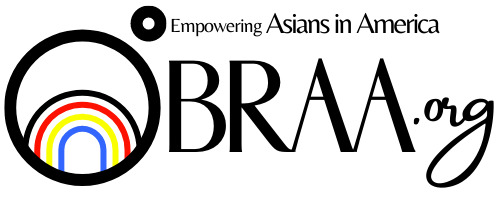Photo credits to Asian American Media
A Korean American man named Chol Soo Lee was sentenced to life in prison after being wrongfully found guilty of killing San Francisco Chinatown gang leader Yip Yee Tak in 1973. In May 1979, while serving a life term in state prison, Lee was found guilty of first-degree murder and given the death penalty for defending himself against an armed assault in the prison yard by an Aryan Brotherhood gang member, Morrison Needham.
Back in 1977, two years prior, Sacramento Union investigative reporter K.W. Lee started to illuminate a conflicted police investigation and subsequent murder trial in San Francisco's Chinatown. His investigative series helped the founding of the Free Chol Soo Lee movement, a remarkable grassroots social movement that united various immigrant and American-born Asian organizations in a fight for Lee's liberation and justice. The Free Chol Soo Lee organization eventually succeeded in getting the San Francisco Chinatown murder case retried, where a jury ultimately found Lee not guilty in September 1982.
Although Lee was absolved, his first-degree murder conviction for the prison yard killing, which was also scheduled for a retrial, kept him incarcerated in San Quentin and on Death Row. But due to expensive legal costs and the uncertainty of yet another trial, on March 28, 1983, Lee was released from San Quentin's Death Row based on time served after agreeing to a lowered second-degree murder charge without admitting guilt in the fatal prison yard incident.
The politicization and empowerment of young people, who served as the backbone of this amazing pan-Asian campaign, is also highlighted by the Free Chol Soo Lee movement. A large number of these young activists went on to have illustrious careers in public service, led by a persistent vision of social transformation and fairness.
Thus, the history of the Free Chol Soo Lee movement teaches us important lessons about envisioning new and distinctive options for our present and future, particularly in regard to modern social movements, coalition building, and the American criminal justice system.
Reference
https://time.com/5956943/aapi-history-milestones/?fbclid=IwAR0gjdp8MExyynJl6M0NgdNf-BhWPgoDyl7BxU9tWehLdA0YoG59mC3PVEo
Marjorie Ann M. Patricio is a Digital Marketing and Brand Development intern of PS Media Enterprise. She is currently a 4th-year Communication Research student at the Polytechnic University of the Philippines, Sta. Mesa, Manila.







.png)


COMMENTS